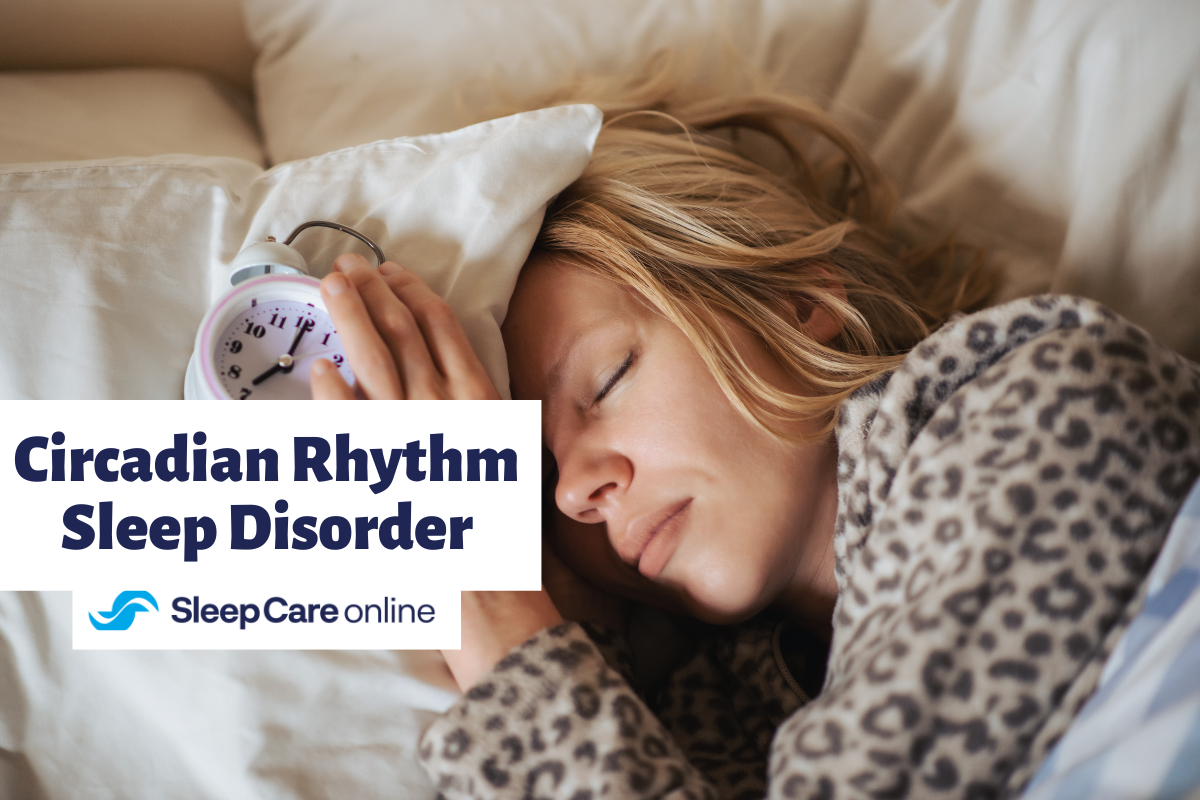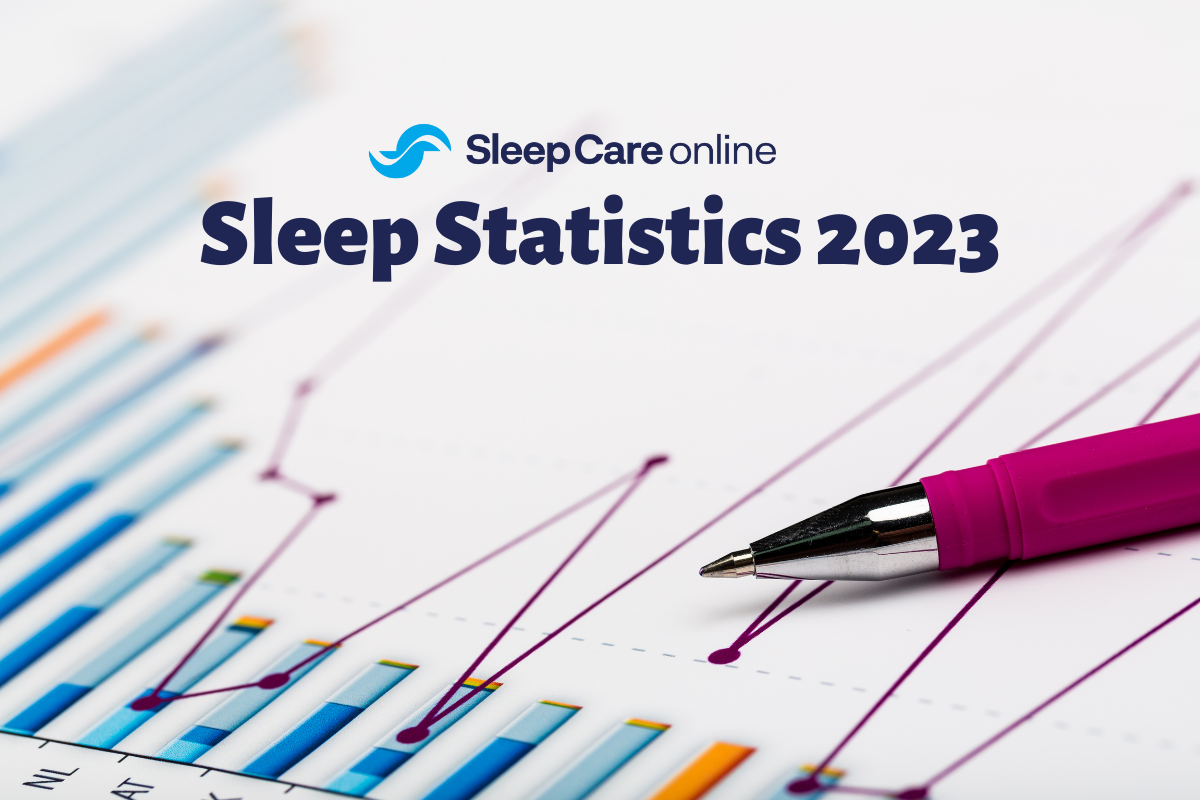
Can Food Allergies Cause Sleep Problems?
Food allergies can cause someone’s immune system to have a reaction that results in inflammation in the body and tissue swelling. These reactions could result in loss of sleep or a poor night’s sleep.
Sleep Apnea and Food Allergies
If someone is experiencing sleep apnea symptoms, food allergies can worsen and/or trigger them. These symptoms can include:
- loud snoring
- daytime sleepiness
- waking up frequently
How Food Allergies Trigger Sleep Apnea
Food allergies are triggered by the body’s immune reaction to particular foods. Inflammation results and tissues swell, which leads to increased mucus production. Both the inflammation and swelling in the tissue block the airway which cuts off the flow of oxygen to the brain. In response, the body tells the brain to wake up. The sudden jolt often leaves the person gasping for air. Simplified, increased mucous translates to more apneas as you sleep.
What to do if You Think Food is Affecting Your Sleep?
If you think you are allergic to certain foods and they are affecting your sleep, first try cutting those certain foods out of your diet and see if that helps. You can also talk to your doctor and they will help you pinpoint which foods may not be the best for you.
Testing Your Sleep Quality and the Foods You Eat
If you are unsure if you have a food intolerance, start first by avoiding certain foods known to aggravate sleep disorders and see if your night improves. Also, keep a food diary and record what you eat. This will be useful to evaluate the impact of those foods on your sleep.
Common Foods That Impact Sleep
Some common foods intensify sleep disorder symptoms. These include:
- Bananas. While bananas are rich in potassium and other nutrients, they also contribute to mucus production. More mucus leads to congestion as you sleep. Try avoiding bananas for a period of time and see if you experience improvements in your sleep quality.
- Dairy Intolerance. Much like bananas, high-fat dairy—ie, whole milk and high-fat cheeses—increases mucous. Even if you only have a mild intolerance to dairy, it may still be contributing to a night of restless sleep.
- High-Fat Meats. In addition, foods like steak or hamburgers may intensify your sleep apnea symptoms. High-fat meats like beef increase inflammation which can narrow airways and aggravate apneas.3
Common Foods that Improve Sleep
Here are some of the foods that can help you improve your sleep and fight sleep disorders:
- Fatty Fish. Fatty fish might help improve sleep as it provides a healthy dose of Vitamin D and Omega-3 Fatty acids. Both these vitamins and minerals are directly involved with the production of serotonin which helps improve sleep.
- Nuts. Nuts like almonds, walnuts, and pistachios are good for the improvement of your night’s sleep. Although the amounts vary, the high quantity of minerals including both magnesium and zinc help in the production of melatonin that improves sleep.
- Rice or Carbohydrate-Rich Food. Studies show that the intake of high amounts of carbohydrates can help people sleep well. Some studies show that the consumption of rice helps in a better sleep cycle compared to other heavy food items.
View more in this blog post about diet and sleep.
Identifying Sleep Apnea Through Diagnosis
For those suffering from food allergies, it may not be clear that there is a connection between their disruptive sleep and their food intolerance. If you already know about your food allergy but are unsure if you suffer from sleep apnea, then now is the time to see a doctor for a potential diagnosis.
With Sleep Care online, we combine your physician visits, your home sleep apnea test, and your prescription into one simple, affordable package. And you never have to step into a doctor’s office or sleep clinic!
Here’s how it works:
- With the Complete Care Package, schedule a 10-minute telehealth visit with a healthcare provider to discuss your symptoms, upcoming sleep study, test results, and treatment options.
- A multi-night, disposable home sleep apnea test is mailed to your home to be completed at your convenience.
- A physician analyzes the sleep data and provides a prescription if needed.
- Schedule an optional follow-up appointment (additional fee applies).
- We connect you to sleep experts who can offer customized sleep therapy options, assistance in equipment purchase, and initial set-up.
As always, our knowledgeable team is here to answer any of your questions. Give us a call at 866-465-4478 or email us at contact@sleepcareonline.com.
Take advantage of these simple steps to improve your health and initiate your sleep therapy with SleepCare online. Get better sleep through our cost-effective and convenient sleep therapy options.
References:
- American Sleep Apnea Association. Sleep Apnea Information for Clinicians. Accessed November 2019.
- Food Allergy Research and Education. Facts & Statistics. Accessed November 2019.
- Montonen J, Boeing H, Fitsche A, et al. Consumption of red meat and whole-grain bread in relation to biomarkers of obesity, inflammation, glucose metabolism and oxidative stress.Eur J Nutr. 2013;52(1):337-45.




